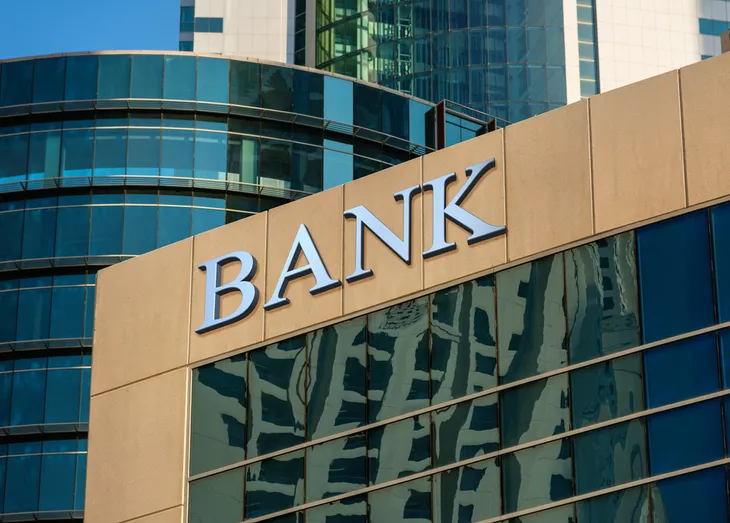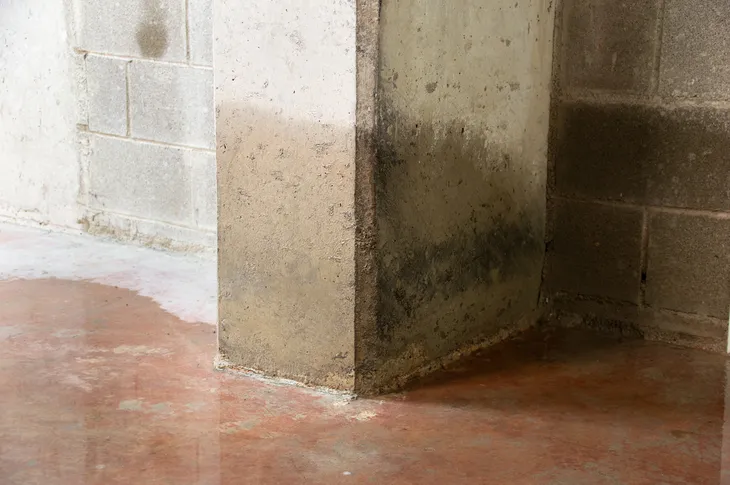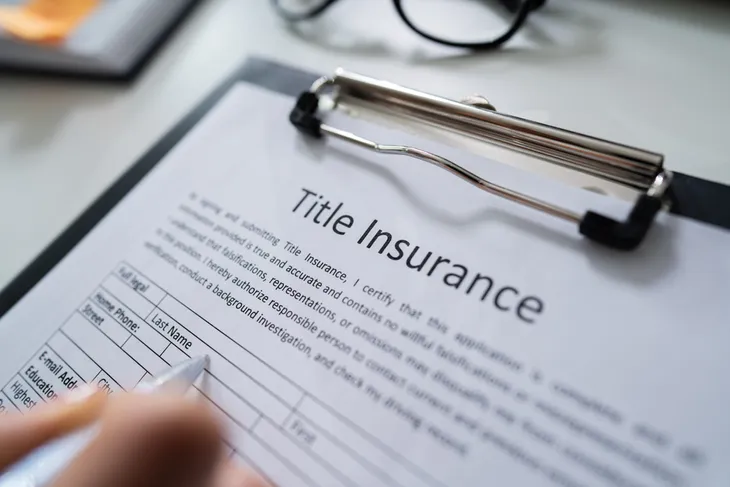Closing costs are part of practically every real estate transaction. Buyers and sellers both incur them, and they apply on top of the property’s agreed-upon sale price. Under U.S. law, financial institutions must fully disclose all applicable closing costs to both buyers and sellers. Furthermore, both involved parties must agree to the costs before the transaction can become official.
The exact closing costs that apply to a given transaction vary, as do the amounts. This guide explains the usual costs buyers and sellers incur. It includes full definitions of each cost, along with range estimates of how much you can expect to pay depending on the property’s location.
Closing Cost Definition: A General Explanation for Buyers and Sellers
In real estate, “closing” refers to the last step in a transaction, in which the property title officially changes hands. Most U.S. financial institutions use the term “closing,” but some may refer to the final transactional phase as “settlement” or “completion.”
Closing is a multi-step process, but costs only come into play once both parties agree to and sign the final documents. Before that happens, the parties must be informed of all closing costs that will apply to the transaction. These costs are added to the purchase price, but are usually rolled in with the financing. Thus, for buyers, closing costs are tacked on to their mortgage. For sellers, closing costs are subtracted from the sale’s proceeds before the financial institution releases the funds.
List of Closing Costs
More than two dozen types of closing costs could potentially apply to a given real estate transaction. The actual costs and their amounts depend on multiple factors. The property type and its location are the most impactful such factors. Others closing costs only apply in certain situations, making them optional.
All closing costs added to a transaction will be documented and itemized for both buyers and sellers to review. Here is a list of common costs, listed in alphabetical order:
22. Application Fees
A buyer’s mortgage search always begins with an application. Most lenders attach a fee to this application process and add the cost at closing.
Traditional banks usually charge application fees, but alternative lenders sometimes eliminate or waive them. Always ask before applying if you are not sure about a given institution’s application fee policy.
21. Attorney Fees
In some U.S. states, buyers and sellers are required to hire real estate attorneys to create and review all documents and contracts related to the transaction. Attorneys are optional but recommended in other jurisdictions.
Attorney fees are usually deferred. Instead of paying them up front, they are usually resolved at closing.
20. Closing Fees
The formal closing of a real estate transaction is handled by a specialized third party. Some states use escrow agencies or title agencies. Others require attorneys to handle them. In all cases, the agency or professional’s fee will be added as a closing cost.
Some jurisdictions refer to closing fees as “escrow fees.” This eliminates any possible confusion between “closing fees” and “closing costs,” which are not the same thing.
19. Credit Report Fees
When would-be homebuyers apply for a mortgage, the lender will do what is known as a “hard pull” of their consumer credit report. This may include a modest fee in the range of $20 to $30, which will be added as a closing cost.
Notably, not all lenders charge credit report fees. Some banks and financial institutions have agreements with credit reporting bureaus, which allow them to access consumer reports at a reduced cost. In such cases, the lender will usually waive the fee.
18. Discount Points
Also known simply as “points,” discount points may be available depending on the lender. Some lenders allow mortgage borrowers to reduce their interest rates. In exchange, the borrower pays an up-front discount points fee.
Lenders that offer discount points programs allow borrowers to reduce their interest rates by 1% for each point they pay. However, in an era of historically low interest rates, paying points is not likely to save you a meaningful amount of money.
17. Escrow Deposit Fees
Borrower terms and conditions vary considerably from one lender to the next. For instance, some lenders require customers to submit one or two months’ worth of mortgage insurance and property tax payments up front.
Lenders that include this condition hold that prepaid money in an escrow account. The fee associated with depositing the money into that account is then calculated and charged as a closing cost.
16. Federal Housing Administration (FHA) Mortgage Insurance Fees
FHA loan programs have been part of the U.S. real estate industry since the Great Depression. If you participate in one, you will be required to pay additional mortgage insurance premiums. These include a flat fee of 1.75% of the mortgage amount, plus monthly payments ranging from 0.45% to 1.05%.
Some lenders allow borrowers to fold these fees into their mortgage premiums. Others charge them as closing costs.
15. Flood Inspection Fees
Flood inspection fees are also known as “flood determination and monitoring fees.” They cover the cost of an initial flood risk assessment, plus ongoing monitoring.
These fees usually apply to properties located in known flood zones. Lenders in these zones may require them, and homebuyers in these regions must also purchase flood insurance to qualify for a mortgage.
14. Homeowners’ Association (HOA) Fees
HOAs are governing bodies for condominium communities and townhouse complexes. If you purchase a property in such a community, you will likely be required to enroll for HOA membership.
Part of those enrollment fees cover HOA ownership and documentation transfers. HOAs usually tack on those administrative costs as closing costs.
13. Interest Rate Lock Fees
Also known as “rate lock,” this optional mortgage feature usually applies to economic environments in which interest rates could suddenly rise without warning. Lenders offer borrowers the option to “lock in” their quoted interest rate, thus protecting it from unexpected changes.
Rate locks usually span only a limited, specific period. For instance, the locked-in interest rate may span mortgage pre-approval until the transaction’s closing. The financial consideration you pay for this privilege will then be added as a closing cost.
12. Lender’s Title Insurance Fees
Mortgage lenders sometimes take out what is known as title insurance. This type of insurance protects them financially in the rare event that a title agency uncovers an unexpected problem during their research. For example, they could find an undisclosed property lien or other issue that could result in a third-party claim on the property’s ownership.
Lenders itemize this one-time title insurance fee as a closing cost.
11. Origination Fees
Some lenders charge what are known as “origination fees,” which cover mortgage application and administration costs. They most commonly apply to mortgage loans with low or promotional interest rates.
Origination fees are set at a specific percentage of the loan’s overall value. They are paid up front as a closing cost, and offset some of the savings you would have enjoyed due to the low interest rate. Thus, buyers should carefully evaluate offers with origination fees to determine just how good a deal a low-rate mortgage loan really is.
10. Owner’s Title Insurance Fees
Homebuyers sometimes opt to purchase title insurance. This insurance protects the buyer in the event that a third party disputes your ownership of the home due to existing liens or other outstanding financial claims.
Such instances are rare, but they pose significant risk. Thus, while owner’s title insurance is optional, many real estate experts recommend it. The modest premium for the insurance is processed as a closing cost.
9. Pest Inspection Fees
In some states, lenders require a complete pest inspection before approving a mortgage application. Some federal government mortgage programs also attach conditions stating the property must be inspected and cleared for pest infestations before the transaction can proceed.
Whether optional or mandatory, such pest inspection fees are usually covered at closing.
8. Prepaid Interest Fees
Mortgage interest begins to accrue from the day the closing becomes official. However, the new owner’s first mortgage payment may not become due for one month or more from the date of closing.
Thus, lenders almost always include the first payment period’s interest charges as a closing cost.
7. Private Mortgage Insurance (PMI)
Many lenders require buyers to take out PMI if their down payment amounts fall below a certain threshold. The standard threshold is 20%, but it varies among lenders.
If you are working with a lender that requires PMI and your down payment falls below the stated threshold, you will need to buy insurance. Those insurance premiums will then be added to your closing costs.
6. Property Appraisal Fees
Professional appraisals are a mandatory part of the mortgage application process. They allow lenders to obtain a trustworthy third-party opinion of the property’s true value.
The cost of the appraisal is typically incurred by the buyer, which is then resolved at closing.
5. Property Tax
Some municipalities require new homeowners to pay applicable property taxes within the first two months (60 days) of ownership. In such cases, these taxes are usually paid up front at closing.
In most jurisdictions, such property taxes apply to both buyers and sellers. Thus, both parties can expect to incur this cost if it applies.
4. Survey Fees
Another administrative aspect of the home pre-sale process involves professional surveying. During this step, a surveyor visits the property to determine its boundaries in order to prevent future disputes with neighbors.
This service is performed by a local professional, who gets compensated through an itemized closing cost.
3. Title Search Fees
A background title search is a standard part of the real estate transaction process. During this phase, a title agency examines public records to see if there are any outstanding claims or liens on the property being sold.
The fee for performing this vitally important research is usually shared by the buyer and seller. It is processed at closing.
2. Transfer Taxes
In many states and cities, taxes apply to the transfer of property ownership from one party to another. Sellers usually pay this fee, though some jurisdictions pass it on to the buyer or split it between the two parties.
No matter what the case, any due title transfer taxes are charged at closing.
1. Underwriting Fees
Before a borrower can be approved for a loan, their financial situation must be verified. For instance, the lending institution must verify the applicant’s credit score, employment, and income level.
The cost of performing this verification is known as an underwriting fee. It is the buyer’s responsibility.
How Much Are Closing Costs?
According to a 2021 Business Insider analysis, U.S. pre-tax closing costs averaged about $3,470 in 2020. After factoring taxes in, that figure rose to just under $6,100.
The article also broke down average closing costs by state. After adding applicable taxes, the five highest-cost jurisdictions were:
- District of Columbia ($29,330)
- Delaware ($17,727)
- New York ($13,262)
- Maryland ($11,710)
- Washington state ($11,513)
Tax-inclusive closing costs were lowest in:
- Missouri ($1,571)
- Indiana ($2,101)
- Kentucky ($2,229)
- Iowa ($2,272)
- South Dakota ($2,276)
Can Closing Costs Be Reduced?
Some closing fees may be negotiable. Others may be duplicates of existing fees or otherwise unnecessary. These are known as “junk fees.” Real estate attorneys are adept at detecting junk fees, and are thus a valuable asset for both buyers and sellers. Attorneys can also negotiate reductions and waivers on your behalf, if they are available.
Homebuyers can also seek out loans specifically configured as no-closing-cost mortgages. They carry slightly higher interest rates, but can be well worth the extra money. This is especially true if you are buying a home in an area with particularly high closing costs.




























